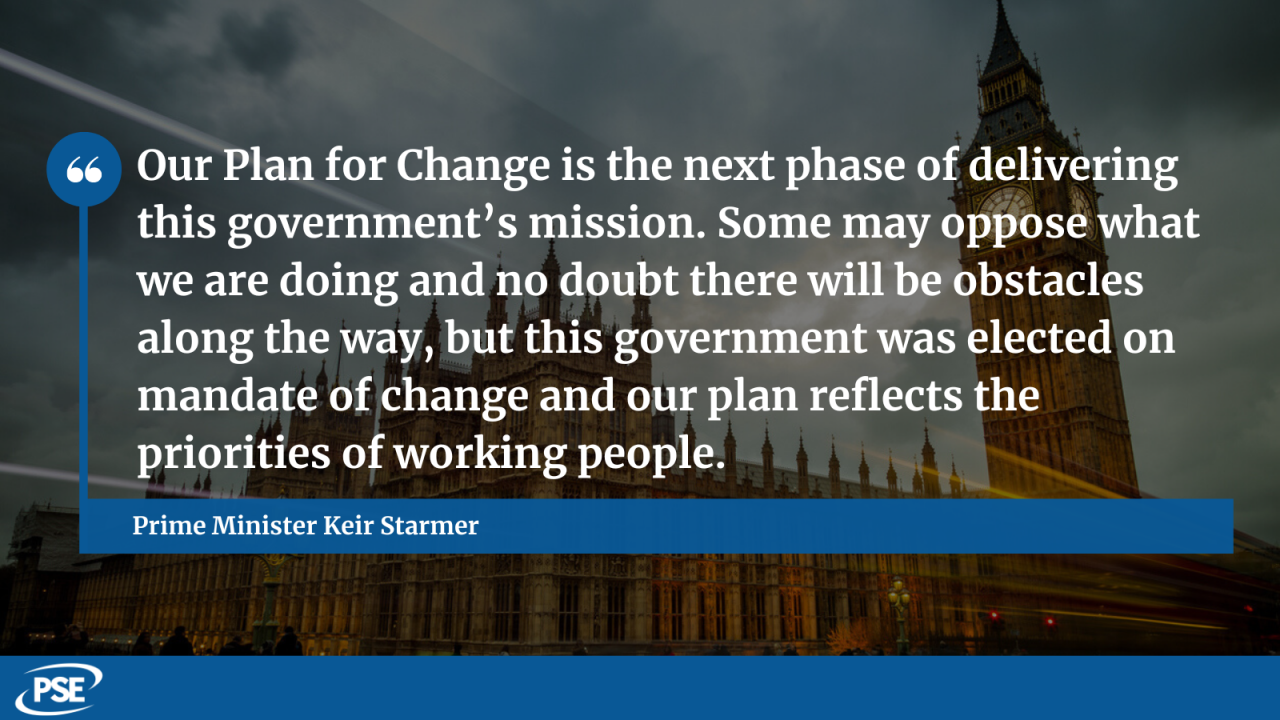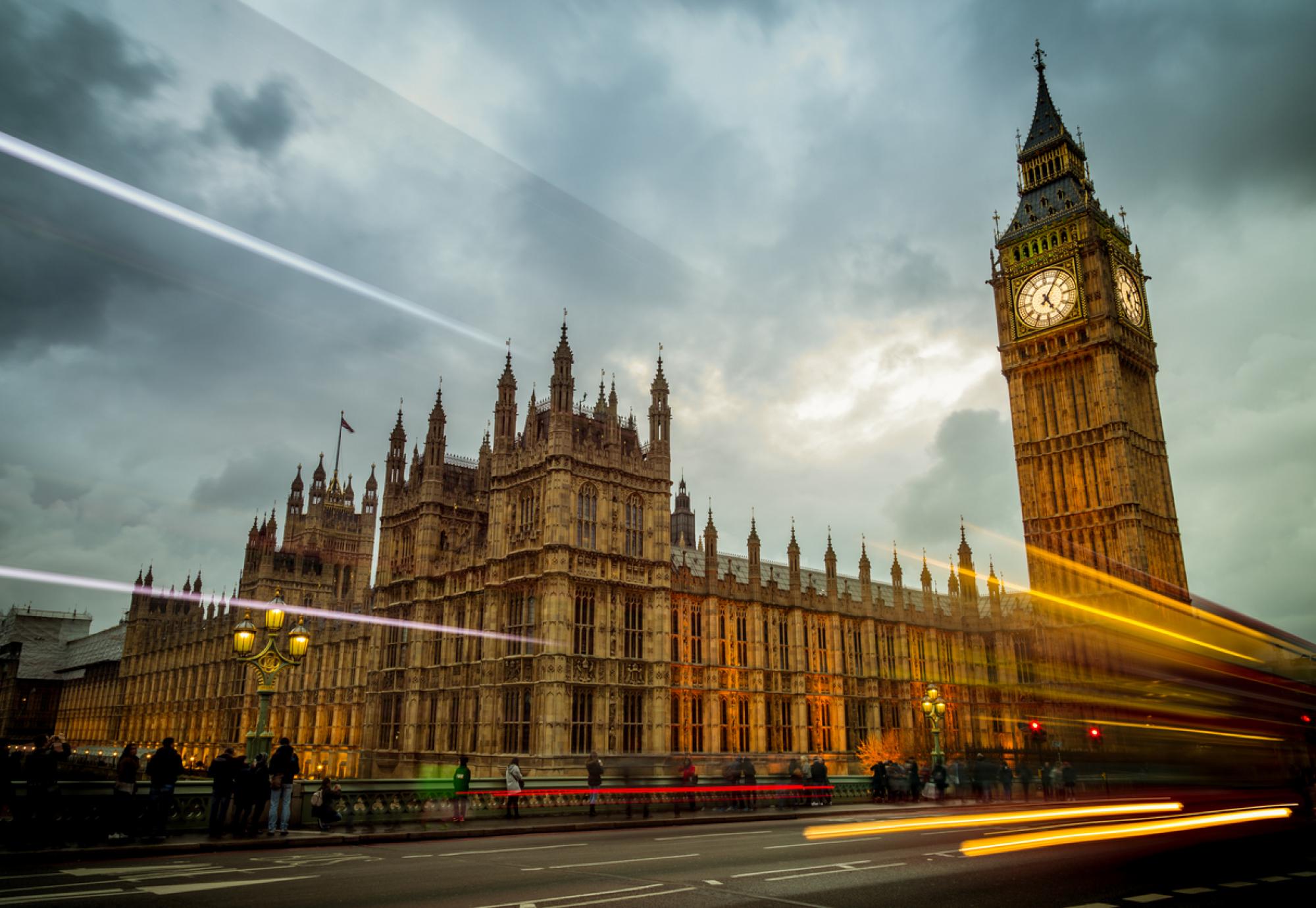In a move to drive tangible improvements in the lives of working people across the UK, Prime Minister Keir Starmer is set to unveil his Plan for Change.
This initiative marks the next phase of the government's mission-led approach, focusing on key priorities such as economic growth, a future-ready NHS, safer streets, clean energy, and equal opportunities for all.
The Plan for Change outlines ambitious yet achievable milestones to be reached by the end of the current Parliament. These milestones are designed to ensure that the government's efforts are relentlessly focused on delivering what matters most to working people in every corner of the UK. For local government leaders, this plan represents a significant opportunity to align local initiatives with national priorities, driving forward community-focused projects and reforms.
Since July, the government has made substantial progress on its missions, including stabilising the economy, establishing a new Border Security Command to tackle small boat crossings, and investing an additional £22 billion in the NHS. This investment aims to create an NHS fit for the future, with an extra 40,000 appointments already in place.
The government has already faced a number of challenges, including the state of public services and crippled public finances. Despite these hurdles, significant steps have been taken to reform agricultural property relief and target the winter fuel allowance. These measures are part of a broader strategy to fix the foundations of the country and kick off the first steps towards real change.
Prime Minister Starmer emphasised that achieving these milestones will require a relentless focus on innovation and reform. The Plan for Change will be underpinned by close collaboration with partners across business, civil society, and local government. This collaborative approach is essential for driving the ambitious programme of public sector reform, which includes planning, national infrastructure, pensions, industrial strategy, and the labour market.

Commenting on the plan, the Prime Minister said: “This Plan for Change is the most ambitious yet honest programme for government in a generation. Mission-led government does not mean picking milestones because they are easy or will happen anyway. It means relentlessly driving real improvements in the lives of working people. We are already fixing the foundations and have kicked-started our first steps for change, stabilising the economy, setting up a new Border Security Command, and investing £22bn in an NHS that is fit for the future.
“Our Plan for Change is the next phase of delivering this government’s mission. Some may oppose what we are doing and no doubt there will be obstacles along the way, but this government was elected on mandate of change and our plan reflects the priorities of working people.
“Given the unprecedented challenges we have inherited we will not achieve this by simply doing more of the same which is why investment comes alongside a programme of innovation and reform.”
For local government leaders, the Plan for Change presents a unique opportunity to drive forward local priorities in alignment with national goals. The upcoming Spending Review will scrutinise every pound spent, adopting a zero-based approach to departmental funding. This rigorous financial oversight will ensure that resources are allocated efficiently, supporting the delivery of key missions.
As the government embarks on this ambitious journey, local government leaders are poised to play a crucial role in translating national policies into local action.
Image credit: iStock



















